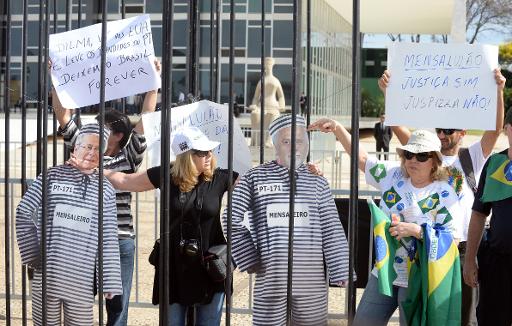
by Andrew Zilouf
Political parties form the backbone of democratic countries. They ensure that there is unity of government. Provide support for aspiring political candidates. Perhaps one of their most important roles is to give continuity. Political parties, however, can also cause a lot of problems. If they have too much power they can stifle democracy – indeed a one-party state is as sure an indication of totalitarian inclinations as one can find even if there are elections. If there are too many parties many of which with a parity of political power than government can be made so indecisive as to be ineffective.
So with all that in mind what is the perfect number of serious political parties a state should ideally have? Is there a particular threshold of popular appeal that the top political parties need to have before they can really add to the democratic process as well as make genuinely positive contributions to the running of the state? With democracy taking so many forms is there one particular system that stands out? With so many questions and so many forms of democracy it is hard for new and aspiring democracies to know how to go about ensuring the validity, longevity and efficacy of their new constitution. Whilst every case is different there is some advice that can be dished out. Here are a list of tips, tricks and no-nos for the aspiring democrat.
Watch out for the little guy
Whilst the ideal is for democracy to be representative allowing smaller parties a representation equivalent to the percentage of their popular vote can be a disaster in the making. Unfortunately, fascist organisations will, in many countries, achieve at the lease a mid-single digit percentage in the polls. They can act as a destabilising force particularly if there is no majority vote winner and quid-pro-quo of coalition politics is permitted free reign. Proportional representation whilst great in theory perhaps should be avoided for nascent democracies if the leading political powers do not have a strong power base.
Big might not always be beautiful
Whilst too many chefs do indeed spoil a broth, one chef on his own tends to get lazy and greedy and you might not end up with any soup by the time pot hits the table. Japan was one example of a dominant-party system where the Liberal Democratic Party held sway for nigh on 50 years. The increased authority the party enjoyed did initially enable it to push through far-reaching economic and political reforms that made Japan the envy of the modern world. However, as time went on corruption escalated and inertia took hold.
Without an effective democratic challenge it is no surprise that a ruling party can lose their focus and their drive. Two party systems can also engender similar side-effects. In recent times both the Labour and Conservative parties seem to drastically lose their way after achieving a third successive term of government.
Early beginnings – efficiency and loss of freedom
The political situation in Egypt is in part the inspiration for this little piece. As Egypt struggles to find its democratic feet it is left with a very clear dilemma – how dear is the price of prosperity? The new President Mohammed Morsi wants to give himself more powers presumably and hopefully so he can give the Arab country the firm push it needs to achieve economic and political stability. If his intentions are indeed genuine would it not have been worth the sacrifice to political freedoms that would have resulted? It is a hard and emotive question for the Egyptian people to answer.
The reality could be that a form of benevolent quasi-dictatorship is often what a struggling country needs to pull itself out the doldrums. However, the caveat is that the dictator-type has to be both benevolent and extremely competent. The personal sacrifice involved is huge. Morsi would have to be extremely devoted to his country to undertake the level of work involved and the psychological trauma such responsibility can engender. And then even the most dedicated spirit can become tainted by the trappings of power. Who is to say that Morsi is ready or ever really had the potential to take up the mantel of the benevolent ruler?
The political reality is that even within apparently fortified ranks there are political dissensions. Even in China the one-party machine is not the whole cohesive unit that the government portrays itself to be. Morsi’s rise to power would have come at a political cost to himself simply because there is no way he got to the top without having to agree to various political concessions amongst his big backers as well as invariably promise some lucrative positions or contracts. He will need time to become his own man within his circle first. Then he has to learn how to manage himself in his new situation. Only then can he start to demonstrate the ingenuity, compassion and dedication to the people at large that would justify and enable him to take on the level of power that he wants and required to become the benevolent master of his people. In the current context Morsi needs to reign in his horses and bide his time before he starts throwing his weight around.
Leave a Reply